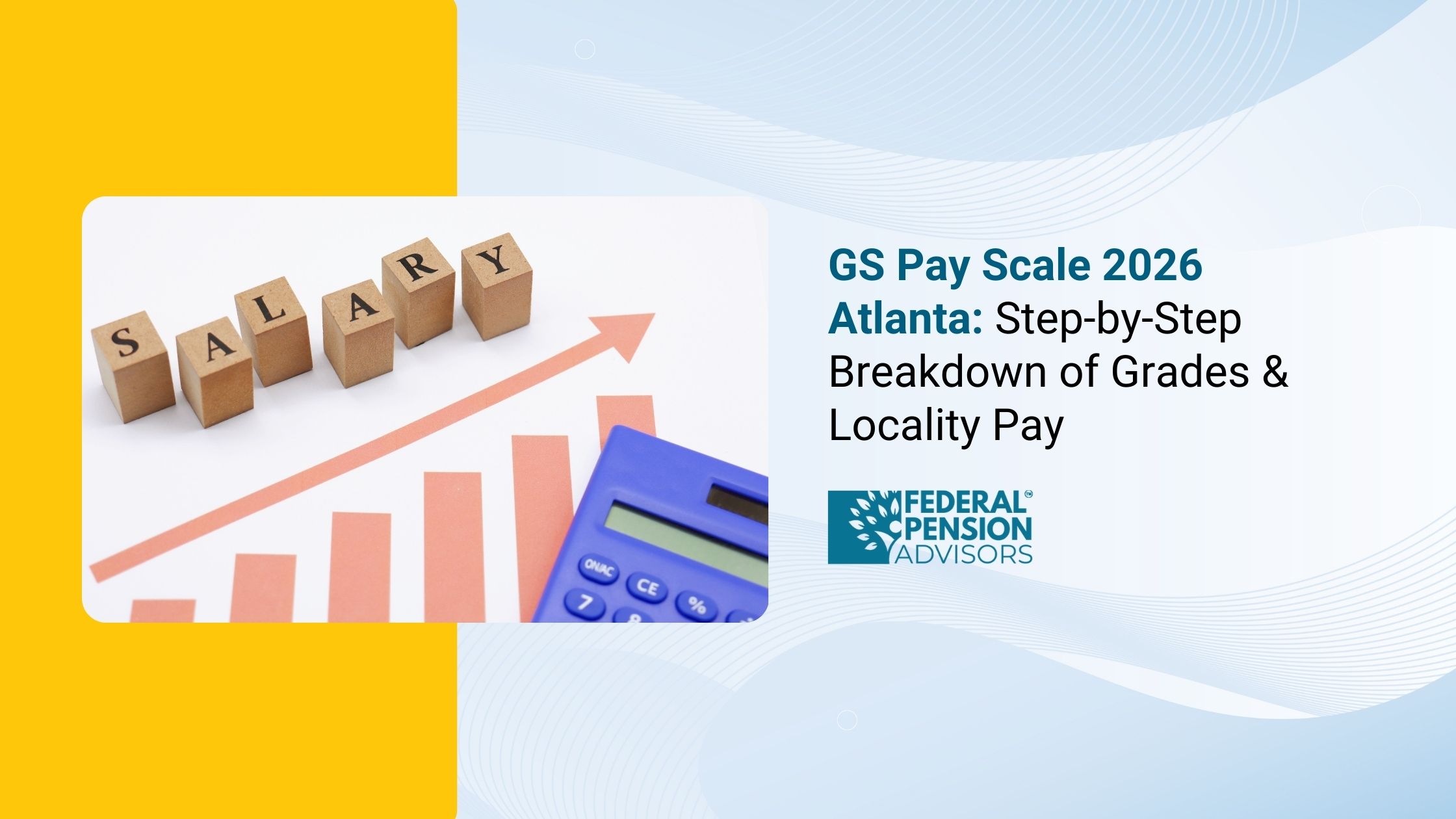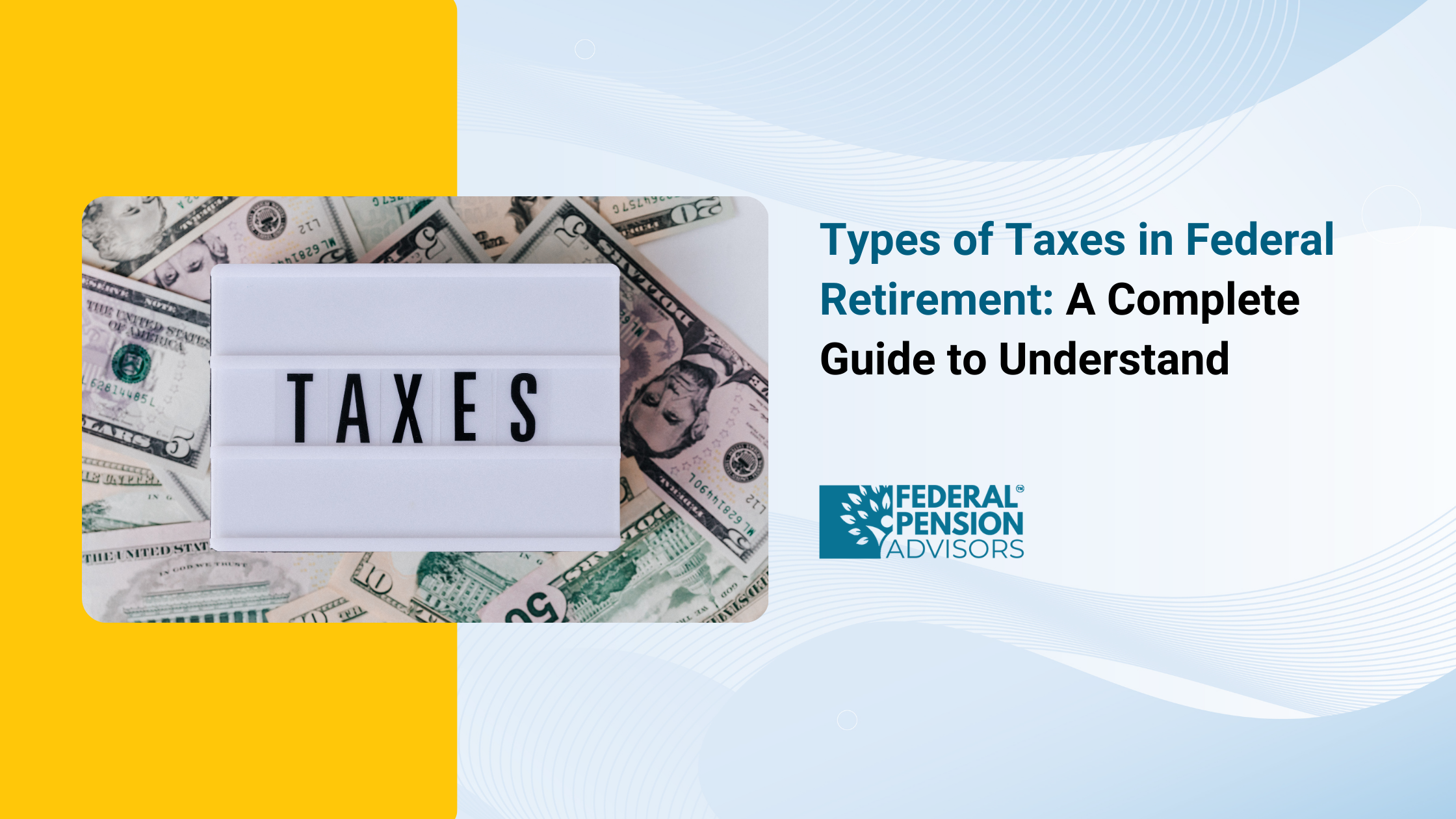You’re not alone; 4,359 federal employees booked their free review.

Strategies to Achieve Maximum Federal Retirement Benefits
Introduction
Retirement planning is a crucial aspect of financial security, especially for federal employees. Understanding the intricacies of federal retirement benefits and implementing effective strategies can make a significant difference in ensuring a comfortable retirement. In this article, we will explore various strategies to help federal employees maximize their retirement benefits.
Understanding Federal Retirement Benefits
Types of Federal Retirement Plans: Federal employees are generally covered by either the Federal Employees Retirement System (FERS) or the Civil Service Retirement System (CSRS). Employees hired prior to January 1, 1987 are covered by CSRS, and those hired thereafter are covered by FERS.
FERS Minimum Retirement Age: The FERS Minimum Retirement Age (MRA) marks the earliest point at which federal employees can retire and commence receiving their retirement benefits without enduring a reduction for early retirement. This age threshold is determined by an individual's year of birth and plays a pivotal role in determining when they become eligible to begin accessing their pension.
Here are key points related to the FERS Minimum Retirement Age
Early Retirement Reduction:
- Choosing to retire before reaching your MRA results in a reduction of your FERS pension.
- Reduction is 5% for each year under age 62.
Full Retirement Age (FRA):
- Retiring at MRA with at least 30 years of service can avoid age-based reduction.
- Early retirement before accumulating 30 years still leads to a reduced pension.
Deferred Retirement Option:
- Delaying retirement beyond MRA allows for accrual of additional service credit.
- Potential to increase FERS annuity through deferred retirement.
Social Security Eligibility:
- MRA does not determine eligibility for full Social Security benefits.
- Social Security benefits eligibility may occur at a later age based on birth year.
Health Insurance Considerations:
- Federal employees retiring before age 65 need to consider health insurance coverage.
- The Federal Employees Health Benefits (FEHB) program offers options for retirement health insurance.
Survivor's Benefit Consideration for FERS Pension
Considering the survivor's benefit alongside your pension is crucial. It ensures that in the event of your passing, your surviving spouse may receive up to half of your pension. Opting for a 50% survivor's benefit would result in a 10% reduction in your pension annuity. Despite this slight decrease in monthly payments, the opportunity to provide financial security for your spouse is often underestimated when assessing FERS pension benefits.
The Importance of Cost of Living Adjustments in Pensions
Cost of living adjustments, or COLA, is a vital aspect of pension benefits. Essentially, as the prices of everyday essentials like groceries and gas rise, your ability to purchase them decreases.
The FERS pension includes a cost of living adjustment typically applicable at age 62 to counteract the effects of inflation. Currently, inflation rates are at their highest in 40 years and are expected to persist.
The importance of the cost of living adjustment lies in addressing the issue many pensions face: failing to adjust for inflation. Without such adjustments, your purchasing power diminishes over time, necessitating adjustments elsewhere in your budget.
While these proposed changes may create uncertainty, federal employees can still take control of their retirement by exploring strategies to achieve maximum federal retirement benefits
How To Maximize FERS
Maximizing your FERS pension involves strategic planning tailored to your unique situation. Here's how you can enhance your pension benefits:
1) Aim to retire with at least 20 years of service and wait until age 62, if possible. This milestone not only ensures eligibility for benefits but also boosts your monthly pension. For instance, retiring with 25 years of service at age 62 will yield a more substantial benefit compared to retiring at 20 years. However, it's crucial to strike a balance between service years and age to optimize your pension.
2) Strategize your retirement timing to coincide with your highest earning years, typically in your 60s. Promotions and salary increases during this period can significantly impact your pension's base calculation. By retiring when your salary is at its peak, you maximize your pension's high-three average, thus augmenting your retirement income. For instance,final years before retirement will benefit from the higher salary grade in their pension calculation.
3) Delay taking your pension until age 62 to leverage the Cost-of-Living Adjustment (COLA). While you're eligible for retirement benefits earlier, delaying until 62 ensures you receive a higher monthly amount, adjusted for inflation. This strategy guards against the erosion of purchasing power over time. For instance, retiring at age 60 versus 62 could mean a significant difference in the pension amount due to COLA adjustments over the years.
4) Assess the option of the survivor's benefit, especially if you're married. Choosing a survivor's benefit ensures financial protection for your spouse in the event of your death. While it entails a slight reduction in your monthly annuity, it provides peace of mind and financial security for your loved one. For instance, opting for a 50% survivor benefit ensures that even after your demise, your spouse continues to receive a portion of your pension, offering stability during challenging times.
These strategies serve as a framework, but individual circumstances vary. Consulting Federal Retirement Benefits with Federal Pension Advisors can provide personalized recommendations tailored to your specific needs and goals. These advisors specialize in navigating the complexities of federal retirement benefits and can offer expert guidance to maximize your FERS pension effectively.


Get Updated
Subscribe to our weekly updates for the latest on retirement planning, federal benefits, exclusive webinars, and more!
Download Federal Retirement: Step-by-step Checklist
This comprehensive guide will help you understand your federal benefits, optimize your savings, and plan for a comfortable future.



.png)








